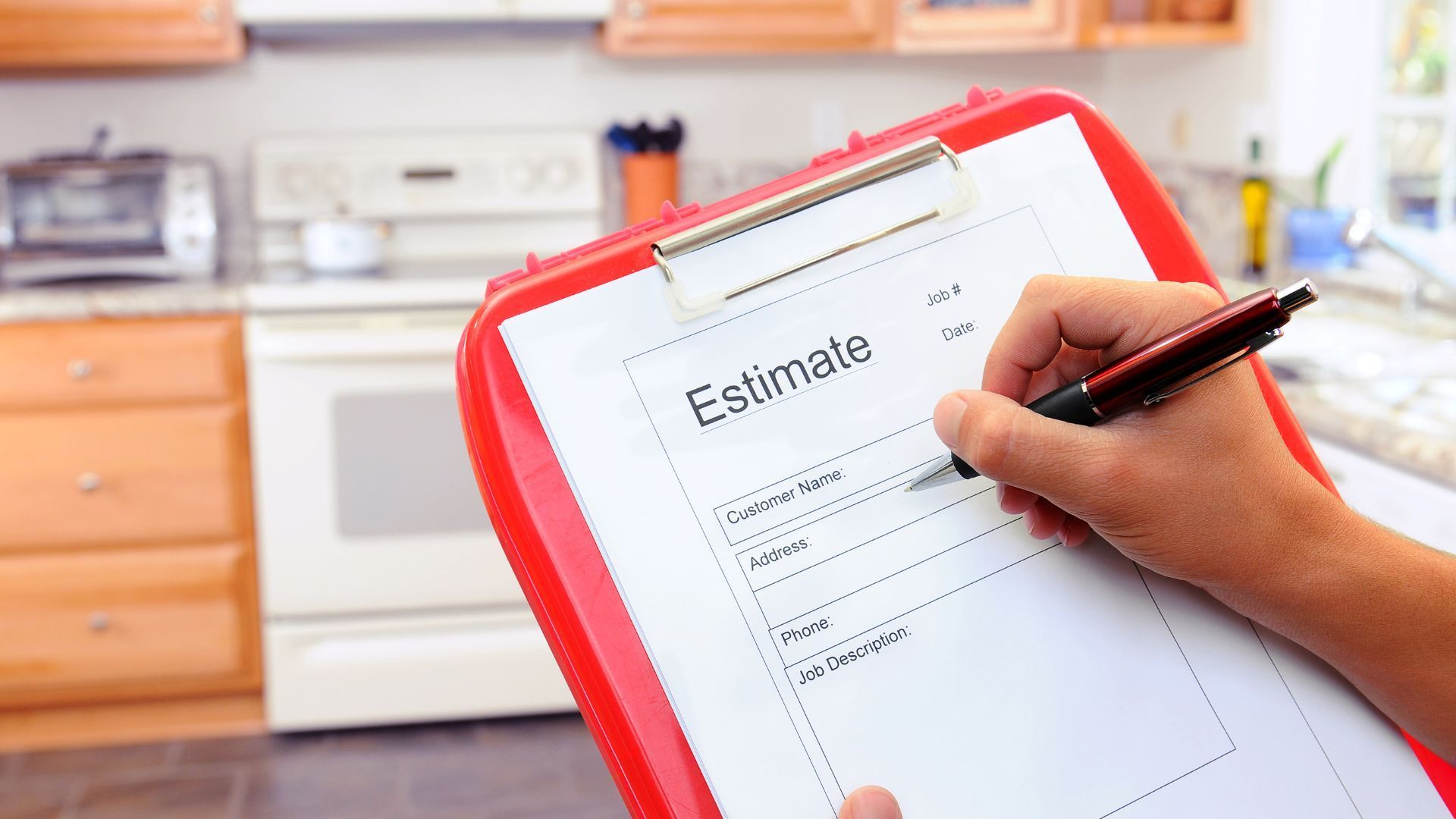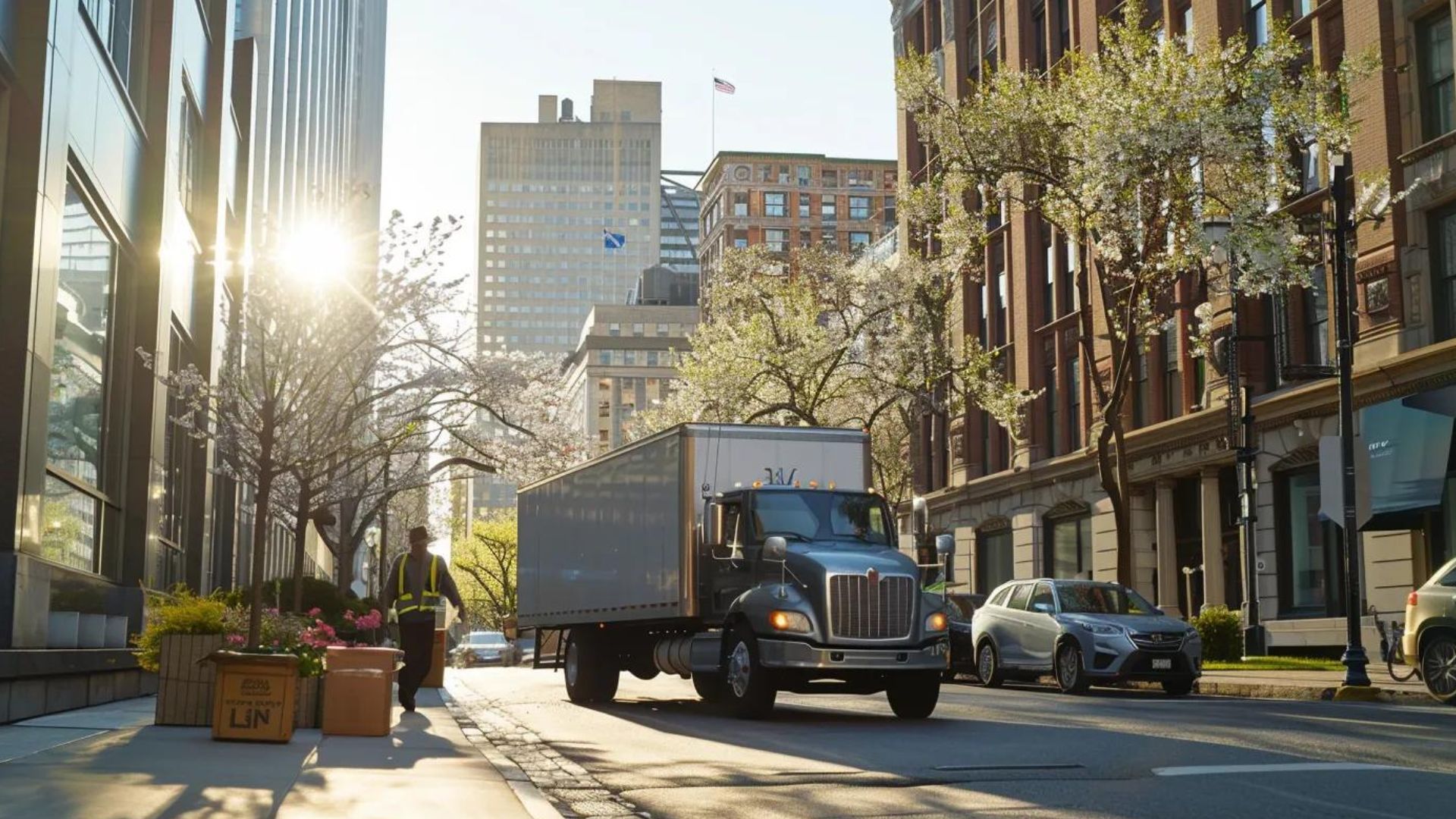Understanding Legal Requirements for Interstate Moving
Interstate moving requires strict compliance with federal and state regulations to safeguard consumers, ensure carrier legitimacy, and avoid costly penalties. This guide explains the most critical rules—from FMCSA oversight and USDOT-number verification to binding estimates and delivery windows—while mapping out your rights, insurance options, dispute resolution paths, and state-specific obligations. Readers will gain clear, actionable steps for each regulatory layer and understand how to engage compliant moving professionals for a seamless relocation experience.
What Are the Key Federal Regulations Governing Interstate Moving?
Federal regulations set baseline requirements for any move crossing state lines, defining carrier licensing, consumer contracts, valuation coverage, and estimate protocols. These rules protect your shipment, ensure accountability, and establish uniform standards under the FMCSA’s authority.
- USDOT Number Requirement
- Bill of Lading Contract
- Written Estimate and Delivery Window Rules
- Mandatory Valuation Coverage Options
What Role Does the FMCSA Play in Regulating Interstate Moves?

The Federal Motor Carrier Safety Administration (FMCSA) enforces safety standards and consumer protection for movers by issuing USDOT numbers, auditing records, and publishing compliance guidelines. As the primary oversight agency, FMCSA mandates licensing, conducts safety audits, and provides the “Your Rights and Responsibilities When You Move” handbook to inform shippers.
Federal Motor Carrier Safety Administration (FMCSA), Your Rights and Responsibilities When You Move (2024)
Why Is a USDOT Number Required for Moving Companies?
A USDOT number uniquely identifies each carrier in interstate commerce, confirming FMCSA registration and safety compliance. Consumers verify legitimacy through the FMCSA SAFER database, preventing fraud and unlicensed operations before scheduling a move.
How Does the Bill of Lading Protect Consumers During a Move?
A bill of lading is a legal contract and receipt that details shipment contents, pickup/delivery dates, carrier identity, and valuation coverage. It binds both parties to agreed terms, ensures transparent liability, and serves as proof in claims for loss or damage.
U.S. Department of Transportation, Consumer Handbook for Moving (2023)
What Are the Rules for Written Estimates and Delivery Windows?

Interstate movers must provide either binding or non-binding written estimates that specify costs and delivery windows. Binding estimates guarantee final cost, while non-binding estimates adjust for weight variances. Carriers must dispatch goods within the agreed window or notify consumers of changes, ensuring accountability.
What Consumer Rights and Protections Apply When Moving Across State Lines?
Interstate shippers receive robust protections under federal law to secure fair pricing, clear contracts, and recourse for disputes. The FMCSA handbook outlines core rights, while fraud prevention guidelines help identify suspicious practices.
What Rights Are Outlined in the FMCSA’s “Your Rights and Responsibilities When You Move” Handbook?
The FMCSA handbook grants four primary rights:
- Receive a written estimate before moving.
- Obtain a detailed bill of lading at pickup.
- Choose between released value or full value protection.
- Access an arbitration program for unresolved claims.
These rights ensure transparency and offer clear steps for recourse if obligations aren’t met.
How Can Consumers Identify and Avoid Moving Fraud?
Consumers avoid scams by verifying USDOT numbers, comparing multiple estimates, scrutinizing unusually low bids, and requesting an in-home survey. Red flags include upfront large deposits, unclear licensing, and aggressive door-to-door solicitations.
How Do You File a Complaint with the FMCSA?
To file an FMCSA complaint, gather your bill of lading, estimate, delivery records, and photos of damage. Submit details online via the FMCSA portal or mail a completed complaint form. This initiates an investigation and potential enforcement action against the carrier.
What Insurance and Liability Options Are Available for Interstate Moves?
Selecting proper valuation coverage safeguards belongings against loss or damage. Federal law requires movers to offer at least two protection choices tailored to budget and risk tolerance.

What Is Released Value Protection and How Does It Work?
Released value protection provides minimal coverage at no extra cost, limiting liability to $0.60 per pound per item. Movers fulfill only this base obligation, making supplemental insurance advisable for high-value goods.
How Does Full Value Protection Provide Comprehensive Coverage?
Under full value protection, the carrier is responsible for repair, replacement, or fair market compensation of damaged or lost items. This premium option ensures maximum coverage but usually incurs an additional fee based on shipment value.
What Are Third-Party Moving Insurance Options?
Independent insurers offer customizable policies that cover valuation gaps, natural disasters, or high-value items. These plans often include deductible options and higher per-item limits, supplementing FMCSA-mandated protections.
How Do You File a Claim for Loss or Damage?
To initiate a claim, document damage with photos, retain all moving documents and submit a written claim to your mover within nine months of delivery. Follow the carrier’s claim procedure or engage third-party insurance if applicable.
How Are Disputes with Interstate Moving Companies Resolved?
When disagreements arise, federal law requires carriers to provide an arbitration program and disclose alternative dispute resolution methods, ensuring consumers avoid lengthy court proceedings.
What Is the Arbitration Program and How Does It Work?
The FMCSA-mandated arbitration program offers a neutral third-party review for claims under a specified dollar threshold. Consumers submit documentation and both parties agree to an arbitrator’s binding decision, typically within 60 days.
What Steps Should Consumers Take to Initiate Arbitration?
First, file an internal claim with the mover and allow 30 days for resolution. If unsatisfied, request arbitration, complete the required forms, provide evidence of loss, and pay any nominal arbitration fee to begin the process.
Are There Alternative Dispute Resolution Methods?
Beyond arbitration, consumers may pursue small claims court for higher-value disputes or negotiate mediation services. These options offer flexibility but may involve longer timelines or additional costs.
What State-Specific Legal Considerations Affect Interstate Moving?
Although federal regulations govern the move itself, state laws vary on vehicle registration, driver licensing, taxes, and pet transport, requiring planning for compliance.

How Do Vehicle Registration and Driver’s License Requirements Vary by State?
Most states require new residents to update vehicle registration within 30 to 90 days and obtain a new driver’s license within a similar period. Deadlines, fees, and documentation vary by jurisdiction.
What Are the State Tax Implications of Moving?
Shifting residency can create dual-filing obligations if you move mid-year. Understanding origin and destination state tax rules avoids penalties and ensures proper reporting of income and deductions.
What Pet Moving Regulations Should You Know by State?
States enforce health certificate requirements, rabies vaccination proof, and sometimes breed or weight restrictions. Advanced research prevents holds or quarantine at the destination.
Are Special Permits Required for Moving Trucks in Certain States or Cities?
Overweight or oversized moving trucks often need travel permits, route approvals, and additional insurance endorsements. Urban areas may impose time-of-day restrictions or congestion surcharges.










